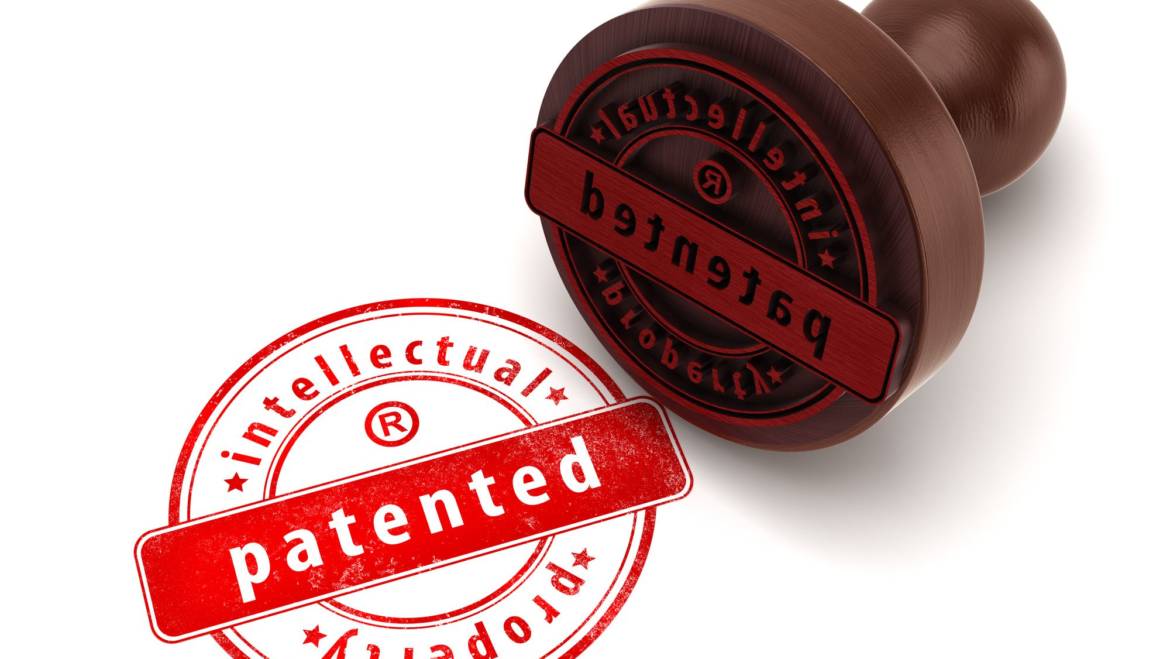Application For A Patent In Ghana
Patent means the title granted to protect an invention. The law explains further that an invention is an idea of an inventor which permits in practice the solution to a specific problem in the field of technology. Inventions relate to the product itself or the process.
Most often, these products or process gives new technical solutions to a problem, or a new method of doing things, or the composition of a new product or a technical improvement on how certain objects work.
Basically, a patent shall be a right granted to the owner of an invention that prevents others from making, using, importing or selling the invention without his permission. Patents and its related grants as well as registration and invalidation are secured under the Patents Act 2003, Act 657. A patent is defined as title granted to protect an invention and an invention is defined as an idea of an inventor which permits in practice the solution to a specific problem in the field of technology. The invention maybe in respect of a product or a process, however the following inventions are excluded from patent protection; discoveries, scientific theories and mathematical methods, methods for treatment of the human or animal body by surgery or therapy just to mention a few. One must note that an invention is patentable if it is new, involves an inventive step and is industrially applicable and a new invention is one that has not been anticipated by a prior art.
The Benefits of Registering a Patent
Once, the patent is registered, the right to a patent belongs to the inventor. Where two or more persons have jointly made an invention, the right to the patent belongs to them jointly. Where two or more persons have made the same invention independently of each other, the person whose application has the earliest filing date or, if priority is claimed, the earliest validly claimed priority date shall have the right to the patent, as long as the application is not withdrawn, abandoned or rejected. The right to a patent may be assigned, transferred or devolve by succession. Once you register a patent, apart from using the patent to prevent others from exploiting your invention, you can employ it to raise funds for your business, license it to third parties for commercial returns or sell the patented invention.
The Benefits of Registering a Patent
Under the Ghanaian law, an invention is patentable if it is:
New: This means that such an invention is not anticipated by a prior art. This implies that the invention should not be publicly known in any way, anywhere in the world. Hence, owners of inventions should be careful to keep the invention secret until a patent application has been successfully made. If the idea has already been talked about, commercially exploited, advertised or demonstrated, then the novelty of the invention may be compromised.
Involves an inventive step and is industrially applicable: This means that the invention would not have been obvious to a person having ordinary skill in the art and it can be made or used in any kind of industry. The invention must be something that represents an improvement over any existing product or process that is already available. The improvement must not be obvious to someone with technical skills or knowledge in the invention’s particular field. If an invention is new yet obvious to a person skilled in the art, the invention would not fulfill the inventive step requirement. Also, the invention must be useful and have some form of practical application. It should be capable of being made or used in some form of industry.
Matter Excluded from Patent Protection
The Law of Ghana provides the following inventions to be excluded from patent protection. They are as follows:
- Discoveries, scientific theories and mathematical methods
- Schemes, rules or methods for doing business, performing purely mental acts or playing games
- Methods for treatment of the human or animal body by surgery or therapy, as well as diagnostic methods practiced on the human or animal body; this provision shall not apply to products for use in any of those methods.
- Inventions, the prevention within the country of the commercial exploitation of which is necessary to protect public order or morality, which includes:
- The protection of human, animal or plant life or health; or
- The avoidance of serious prejudice to the environment; if the exclusion is not made because the exploitation is prohibited,
- Plants and animals other than micro-organisms
- Biological processes for the protection of plants or animals other than non-biological and micro-biological processes; and
- Plant varieties
Generally, inventions of a method for the treatment of the human or animal body by surgery or therapy, or of a diagnosis practiced on the human or animal body and inventions that could encourage offensive, immoral or anti-social behavior, even if it satisfies the key criteria for patents are not patentable.
Application Procedure for Registration of a Patent
An application for the registration of a patent shall be filed with the Registrar and subject to the payment of the prescribed application fee. It must contain a request, a description, one or more claims, one or more drawings where required, and an abstract. Where the applicant is not the inventor, the request shall be submitted with a statement justifying the applicant’s right to the patent. The applicant may, up to the time when the application is in order for grant, withdraw the application at any time during its pendency. The fact that a patent has been granted on an application that does not comply with the requirement of unity of invention under Act 957 is not a ground for the invalidation of the patent.
Invalidation of a Grant
A court shall invalidate a grant where it is proven that the inventor has not complied with the provisions of the law or that the owner of the patent is not the inventor or the inventor’s successor in title. An invalidated patent, or claim or part of a claim, shall be regarded as null and void from the date of the grant of the patent. The registrar of the court shall notify the Registrar of the final decision of the Court which shall be recorded in the prescribed manner.
Author: AB LEXMALL & ASSOCIATES


